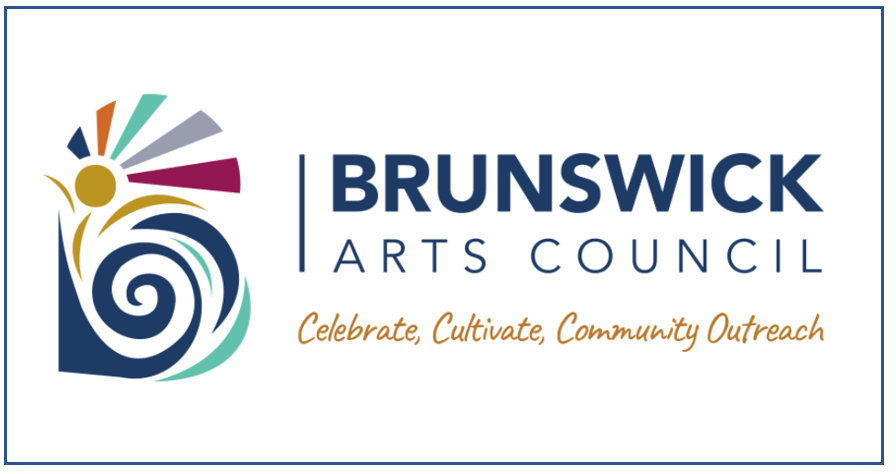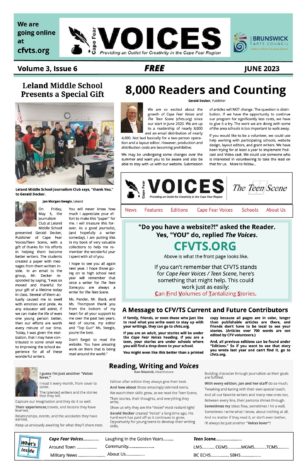Persuasive Speech
May 4, 2022
What comes to mind when you think about dairy? Is it a big glass of cold milk? Or is it an image of cows grazing in a field? I’m going to tell you about the dairy industry in America. I have looked into this topic for a long time, and each time I learn something new and I hope to teach others something new as well. Specifically, we will be examining the history of dairy in the United States, focusing on the role the FDA has played in shaping Americans’ perceptions of dairy products.
Looking at the USDA’s five decades of cheese data illustrates that Americans have consistently increased the amount of cheese each person eats on average per year. On average, Americans eat 33lbs of cheese per year, as stated in “The Cheese Trap” by Barnard, Neal D. MD. Looking at these facts we get to a point where we are likely to question our actions. Is this much cheese good for us? Upon asking myself this question, I stopped eating dairy products, but reducing or ceasing dairy consumption is more complex than that.
The FDA has gone through many different forms of dietary guidelines. The one that is most familiar to us is likely the Food Pyramid. Sweden was the first country to make a dietary guideline for its public, and officials in the United States were being pushed to release something similar. As mentioned before, the Food Pyramid has undergone many changes over the years, and in the original Food Pyramid dairy products were grouped with proteins, however looking at the fat content and protein content of most dairy products, this was extremely misleading to the public. The FDA was telling the public that they should have 2-3 servings of dairy in a day and that dairy products were an adequate substitute to proteins like beans, legumes, meat, and seafood. The misconception that dairy products, usually full fat, are a necessity in every meal has a significant influence on our views as Americans, and we, for the most part, feel that we have to eat dairy products because they are healthy, when they really aren’t that good for us.
So, let me back up for a moment, you’re probably asking yourself: is dairy bad for you? The answer is yes and no, so let me explain. A study published by the National Library of Medicine found that dairy consumption of under a certain amount a day will not harm you long term, but that excessive consumption of dairy products is linked to a higher risk of cardiovascular diseases and death. According to this study, dairy consumption is healthy, as long as it is monitored and kept within reasonable limits. But the American public rarely listens to science, the people who conducted this research probably went home and ate a grilled cheese for dinner after concluding their studies. People who consume dairy products in unhealthy quantities say they know it is unhealthy, just like smokers who say they know smoking is unhealthy, but they choose to smoke anyway.
One might ask how we ended up with this viewpoint on dairy in the first place. There is a simple explanation: dairy subsidies. Every year the American Government pays dairy producers with taxpayer money to keep the dairy industry afloat. When the FDA tried moving dairy products to a higher level on the food pyramid (meaning dairy would no longer be a primary part of a “healthy” diet) the main diary producers in the USA threw a hissy fit. As a result of the dairy industry in America having the FDA under a chokehold, the FDA’s dietary recommendations are somewhat biased, rather than based on accurate nutritional information.
Overall, we can see that the FDA’s food pyramid is not something that we should follow for every meal, especially with varying diets including those with allergies, those with celiac disease, and those who have plant-based diets like vegans and vegetarians. The effect of the dairy industry on the American public is largely unknown, and to a certain extent, it is alarming that America does not question the influence of corporations on the suggested dietary guidelines offered by the Government. Even if I didn’t inspire you to stop eating dairy or to reduce your dairy consumption, I hope everyone listening learned a little more about a topic that isn’t talked about much. After today, I hope everyone here will invest a little more thought into their health. After all, you only get one body, so taking good care of it is vital.
American Cheese Consumption (non-BCC)
Milk + Dairy Consumption (BCC source)











